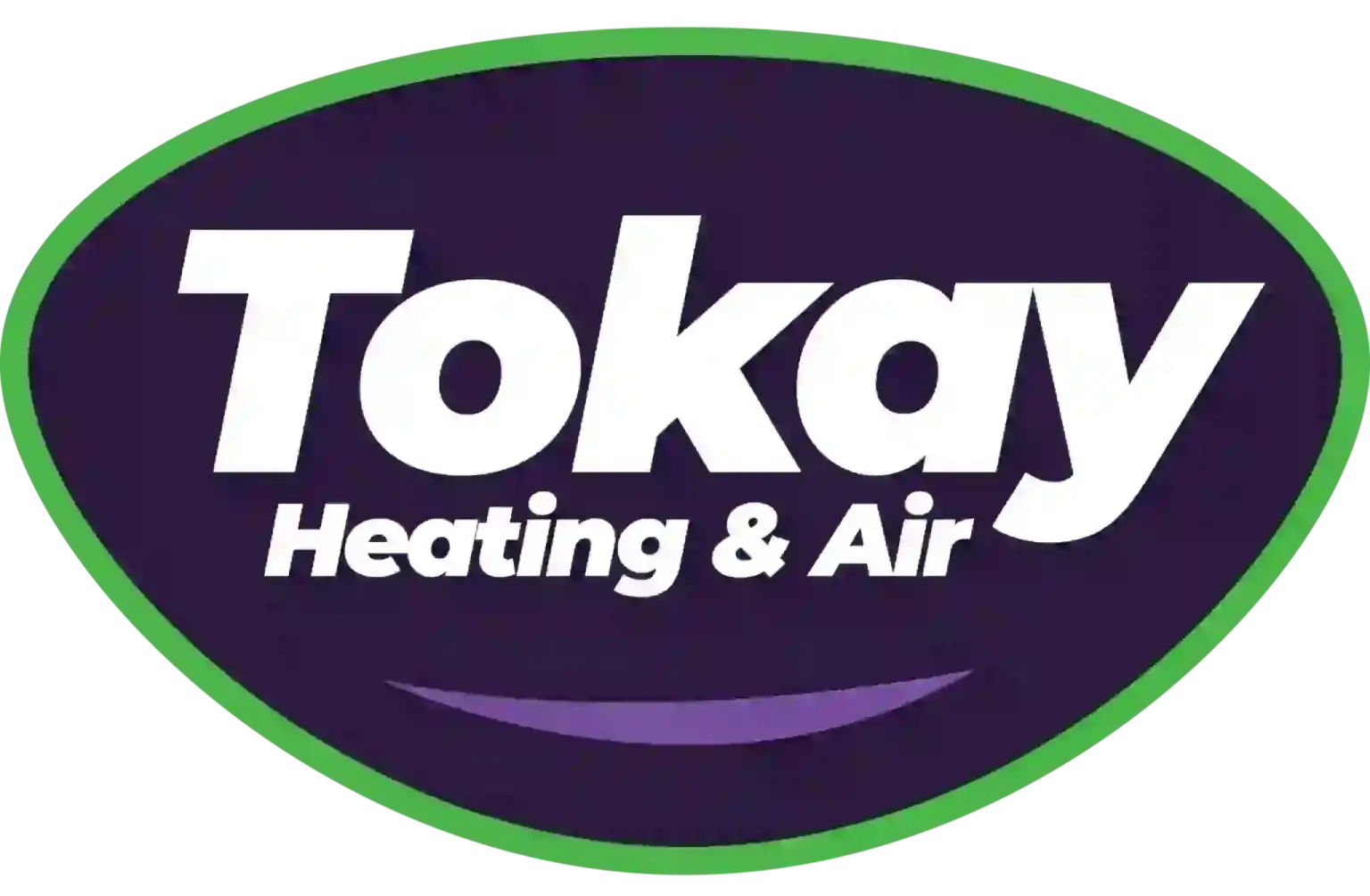How Come Air Purifiers Reduce Allergies?
We spend a good majority of our time in our homes. In reality, the Environmental Protection Agency (EPA) has estimated being indoors accounts for 90% of our time. Although, the EPA also says your indoor air can be three to five times more polluted than outdoors.
That’s since our houses are tightly sealed to boost energy efficiency. While this is great for your utility costs, it’s not so great if you’re a part of the 40% of the population with respiratory allergies.
When outdoors ventilation is insufficient, pollutants such as dust and volatile organic compounds (VOCs) might get captured. Consequently, these pollutants might worsen your allergies.
You can enhance your indoor air quality with clean air and routine housework and vacuuming. But if you’re still having issues with symptoms when you’re at your residence, an air purifier might be able to provide assistance.
While it can’t remove pollutants that have gotten trapped in your couch or carpet, it might help purify the air traveling across your home.
And air purification has also been scientifically verified to help lower some allergic symptoms, according to the American College of Allergy, Asthma and Immunology. It may also be helpful if you or a family member has lung trouble, like emphysema or COPD.
There are two options, a portable air purifier or a whole-home air purifier. We’ll examine the distinctions so you can learn what’s correct for your house.
Whole-House Air Purifier vs. Portable Air Purifiers
A portable air purifier is for a single room. A whole-house air purifier accompanies your heating and cooling equipment to clean your full house. Some kinds can clean by themselves when your HVAC unit isn’t on.
What’s The Best Air Purifier For Allergies?
Seek a model with a High Efficiency Particulate Air (HEPA) filter. HEPA filters are placed in hospitals and provide the greatest filtration you can find, as they catch 99.97% of particles in the air.
HEPA filters are even more powerful when installed with an ultraviolet (UV) germicidal light. This powerful blend can destroy dust, dander, pollen and mold, all of which are common allergens. For the greatest in air purification, consider a unit that also has a carbon-based filter to reduce household vapors.
Avoid getting an air purifier that generates ozone, which is the primary ingredient in smog. The EPA cautions ozone may irritate respiratory issues, even when released at low concentrations.
The Allergy and Asthma Foundation of America has made a list of questions to consider when getting an air purifier.
- What can this purifier extract from the air? What doesn’t it extract?
- What’s its clean air delivery rate? (A better number means air will be purified faster.)
- How frequently does the filter or UV bulb need to be changed]? Can I complete that on my own?
- How much do replacement filters or bulbs cost?
How To Reduce Seasonal Allergy Symptoms
Want to receive the {top|most excellent|best] outcome from your new air purification unit? The Mayo Clinic advises completing other measures to limit your exposure to things that can trigger seasonal allergies.
- Stay inside and keep windows and doors closed when pollen counts are high.
- Have other family members cut the lawn or pull weeds, since these jobs can irritate symptoms. If you have to do these jobs yourself, you may want to consider trying a pollen mask. You should also bathe immediately and change your clothes once you’re completed.
- Avoid drying laundry outdoors.
- Run the AC while indoors or while you’re on the road. Consider installing a high-efficiency air filter in your home’s HVAC equipment.
- Even out your house’s humidity saturation with a whole-house dehumidifier.
- Hardwood, tile, or linoleum are the best flooring materials for decreasing indoor allergens. If your home has carpet, install a HEPA filter on your vacuum cleaner.
Let Our Specialists Manage Your Indoor Air Quality Requirements
Ready to progress with getting a whole-house air purifier? Give our professionals a call at (209) 257-3156 or contact us online to schedule an appointment. We’ll help you choose the right equipment for your residence and budget.


